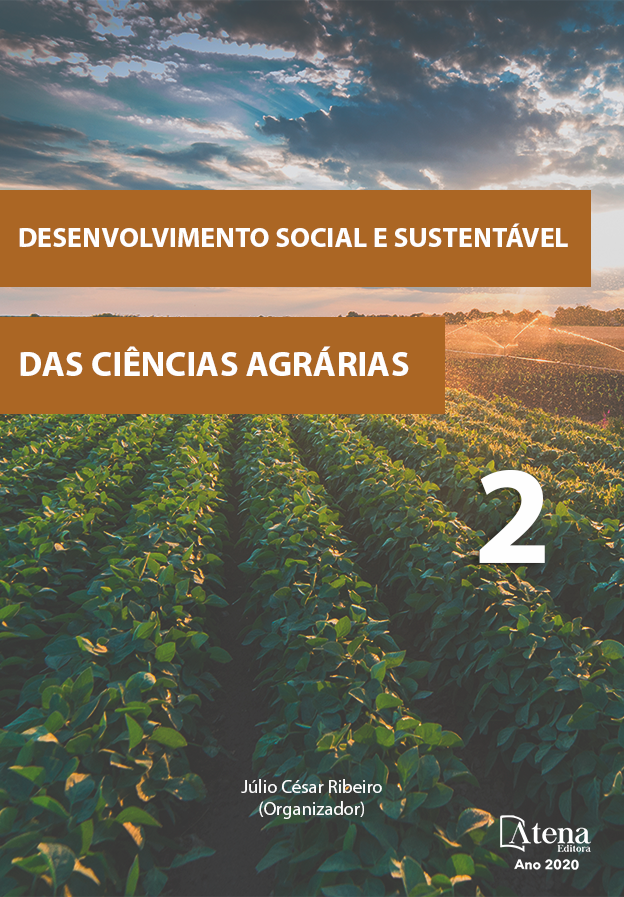
CENÁRIO ATUAL DOS NOVOS MÉTODOS DE FENOTIPAGEM DE PLANTAS URGÊNCIA NAS AÇÕES DE IMERSÃO DO BRASIL NA ERA DA BIOECONOMIA.
O presente trabalho apresenta um panorama da situação atual dos novos métodos de fenotipagem de plantas no Brasil e no mundo, a partir de 2008 até 2019. Ressalta-se que o crescimento dessa área ocorreu tanto no desenvolvimento de infraestrutura por instituições de ciência e tecnologia quanto na geração do conhecimento. A ciência de plantas e ciências agrárias está no centro dos principais desafios para as sociedades globais. O melhoramento de plantas não tem mantido o ritmo do aumento de produtividade, assim sendo esforços urgentes se fazem necessários para impulsionar o setor. A Embrapa, como instituição de pesquisa na agricultura tropical, vem apresentando várias ações estratégicas nessa direção, mas um novo salto deve ser dado, com a criação de uma política de Estado, que possibilite o estabelecimento de infraestrutura adequada para o treinamento de RH altamente qualificado e a logística para um País de dimensões continentais. A multidisciplinaridade advinda de expertises em planta, geociência, ciência da computação, da agricultura de precisão, e digital e instrumentação são condições sine qua non para essa nova abordagem.
CENÁRIO ATUAL DOS NOVOS MÉTODOS DE FENOTIPAGEM DE PLANTAS URGÊNCIA NAS AÇÕES DE IMERSÃO DO BRASIL NA ERA DA BIOECONOMIA.
-
DOI: 10.22533/at.ed.7192009109
-
Palavras-chave: novos métodos de fenotipagem de plantas, bioeconomia, melhoramento de plantas, política de estado, meio-ambiente.
-
Keywords: new methods of plant phenotyping, bioeconomy, plant breeding, state policy, environment.
-
Abstract:
This paper presents an overview of the current situation of the new plant phenotyping methods from 2008 to 2019. It is noteworthy that exponential growth occurs both in the establishment of infrastructure by institutions (ICTs) in several countries, already in 2008 there were 06 (ICTs) and in 2019 the 38 new research and development institutions and 06 from the private sector, as well as the creation of national and international networks, as for the generation of knowledge, in this period, there is the h factor of 81 (publication / citation). Plant science and agricultural sciences are at the center of the main challenges of global societies (environment and genotype interaction). Plant breeding did not keep up with the productivity increase; therefore, urgent efforts are needed to reduce this factor. Embrapa, as a leading institution in tropical agriculture, has been presenting several strategic actions in this direction, but a new leap must be taken, with the creation of a state policy that allows the establishment of adequate infrastructure, as well as for the highly trainee qualified human resources training and logistic. Plant multidisciplinary, geoscience, computer science, precision agriculture, and expertise in digital and instrumentation is a prerequisite for this new approach.
-
Número de páginas: 10
- Silvio Crestana
- Walter Quadros Ribeiro Junior
- Carlos Antônio Ferreira de Sousa
- Thiago Teixeira Santos
- Anna Cristina Lanna
- Paulo Sergio de Paula Herrmann Junior


